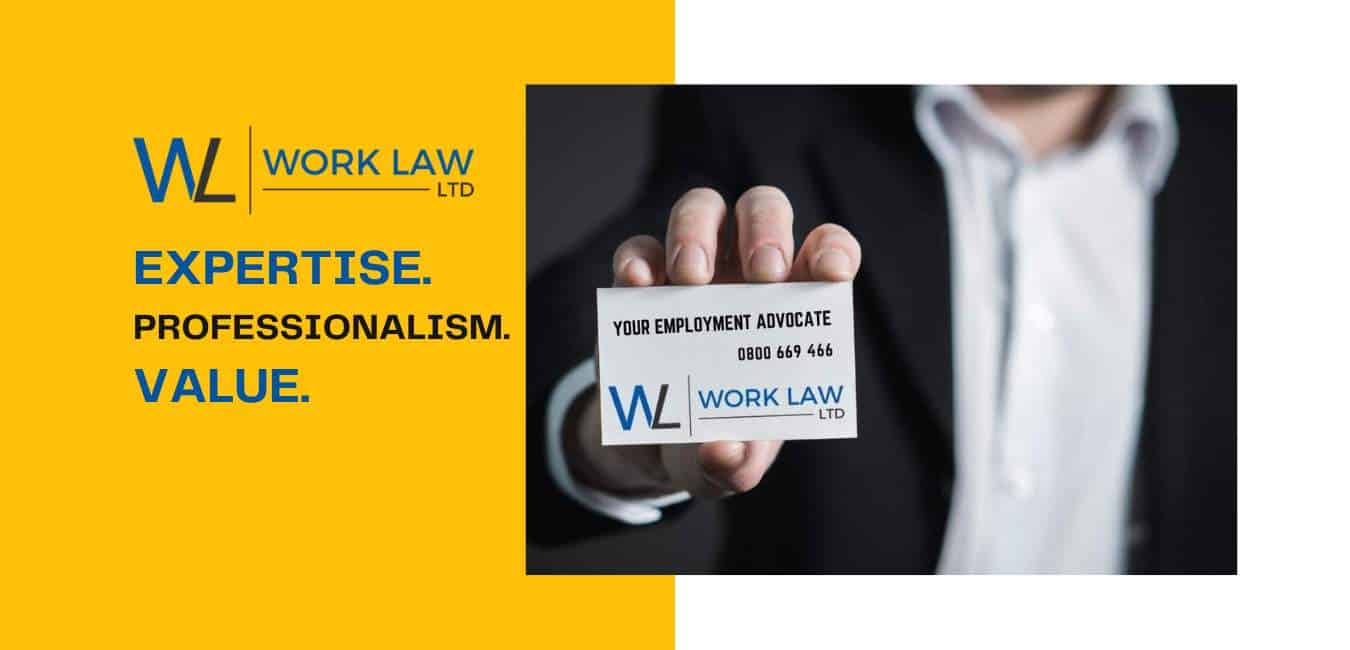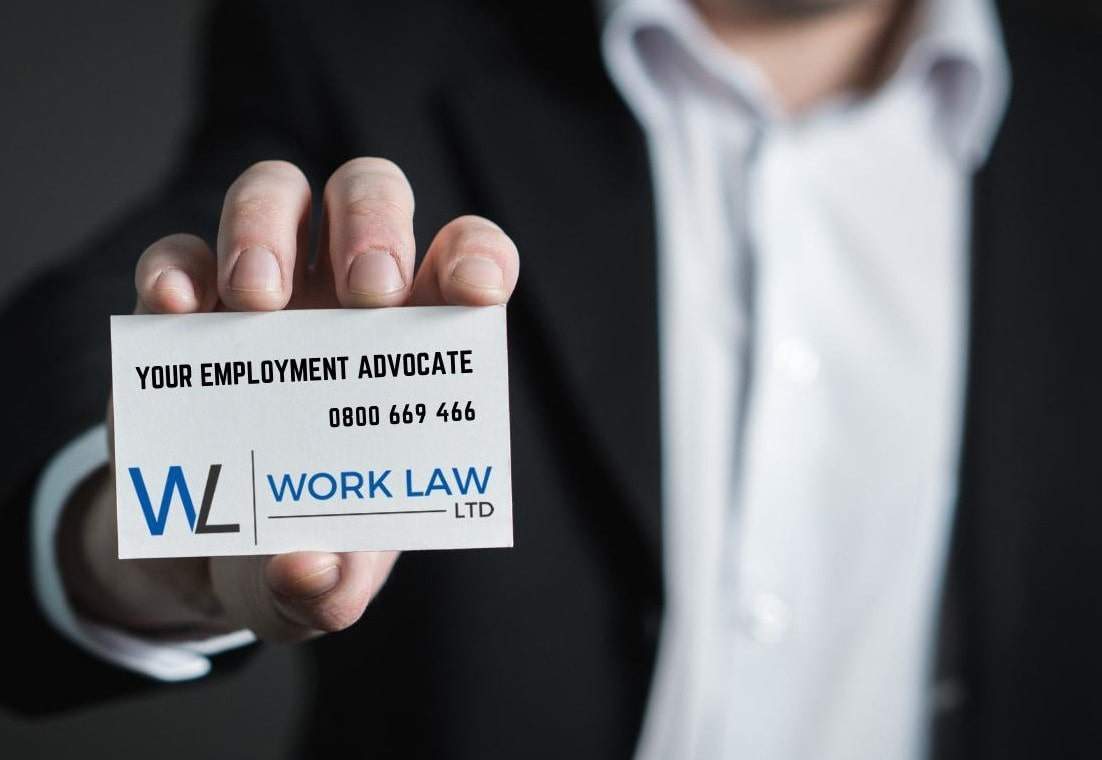Don’t Be Pushed Out Of Your Job Due To Your Age
Age Discrimination
You are protected from age discrimination by the law, and it’s important for you to understand it.
It is no secret in a society that is obsessed with physical appearance, employees fight a battle to stay relevant as they reach middle age.
In the workplace, that can result in being passed over for promotions, marginalised, and pushed out to make room for younger employees. Age related assumptions create the perception that older workers are less relevant, while the opposite is often true.
While age discrimination is illegal, in practice it’s difficult to prove. Your employer cannot force you to stop working because of your age. If they do, you could file a personal grievance against them.
In New Zealand, nearly one in three workers is already over 55.
NZ Super and some other pensions start at age 65 but there is no official retirement age in New Zealand. There are a few jobs with exceptions where you may not be able to keep working after a specific age. They include:
- jobs where being a particular age or in a particular age group is genuinely needed for you to do the job —
for example, an actor who needs to be a certain age for a role - domestic employment in a private household, such as a cleaner or a gardener
- occupations where the retirement age is written into law — for example, judges and coroners
- some crew of ships and aircraft employed by foreign-owned companies that are operating in New Zealand
- your employment contract was signed before April 1992 and that contract specified your retirement age, and you agreed with your employer in writing to confirm or change your retirement age.
If you are being managed out of your position, made redundant or subjected to talks of restructuring, or feel you are being bullied into resigning the burden of proof would be with you. Knowing your rights helps you to stand in power. If you are let go and you suspect your age is a factor, we can help you negotiate a better settlement.
While it may be perfectly okay for colleagues to ask you if you have retirement plans it could also raise a red flag. If you are on the receiving end of snide remarks or ‘digs’ mentioning your age, or suggestions that you should retire start taking notes, who said what and who was there.
So If you find yourself subject to talks of restructure or suddenly under the microscope and you start to worry that this could be a sign that you manager or employer may be looking for ways to terminate your employment it would be a good idea to contact us for some free advise or assistance.
Call us on 0800 669 466 or complete our webform:
CONTACT US FOR A FREE CASE EVALUATION
You can trust us to listen
Statistics prove that legal representation for employees by an employment lawyer or employment law advocate improves your chance of a successful outcome.
You have nothing to lose by having a free consultation with an Employment Law Advocate.
You can email us using the form below. When you receive the automated reply to your email please reply and attach any correspondence you have received from your employer.



